
Battling superbugs with the power of knowledge
In the last 60 years mankind has come to rely on the wonder-cure of antibiotics to solve a multitude of ills by inhibiting disease-causing bacteria and curing potentially fatal infections.

In the last 60 years mankind has come to rely on the wonder-cure of antibiotics to solve a multitude of ills by inhibiting disease-causing bacteria and curing potentially fatal infections.
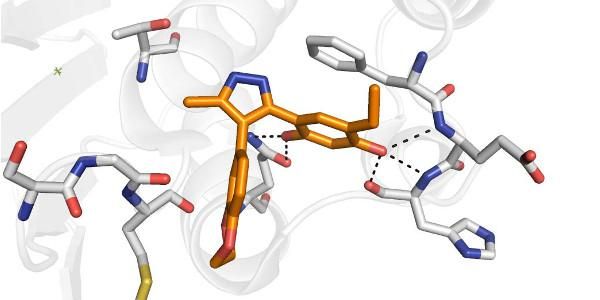
A new approach has been developed to combat diseases caused by herpesvirus infections, including everything from cold sores to cancer.
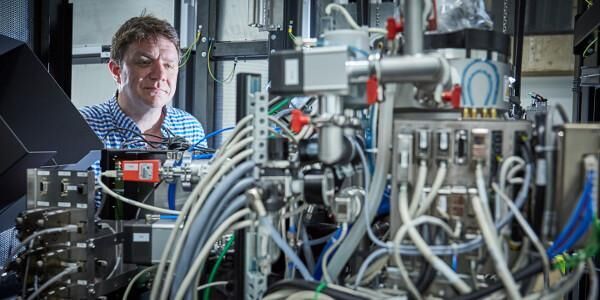
Improved understanding of the way hundreds of different types of disease-causing bacteria operate could help pave the way to tackling their effects, according to leading scientists.

Three University of Leeds professors have been elected as Fellows of the Royal Academy of Engineering, in recognition of their significant contribution to the field.
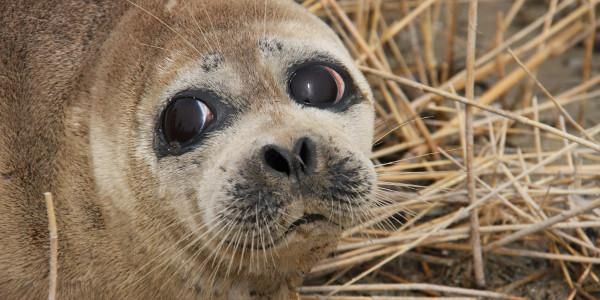
The first ever satellite tracking study of one the world’s endangered seal species has revealed new information about their migration habits and hunting patterns.

China’s Ambassador to the UK was shown a wealth of world-leading University of Leeds research and culture on his first visit to the city.
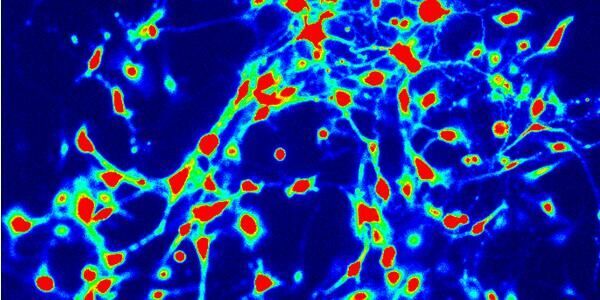
A natural substance known to activate pain in the central nervous system has been found to have the opposite effect in other parts of the body, potentially paving the way for new pain control methods.

The impacts of climate change are already being felt in the UK and urgent action is needed, concludes a report published today.
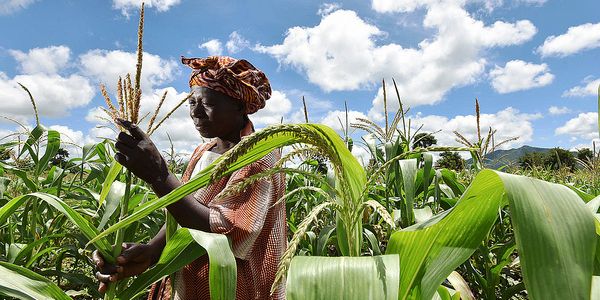
Crop yields will fall within the next decade due to climate change unless immediate action is taken to speed up the introduction of new and improved varieties, experts have warned.
A research team has discovered that a cell's protective layer acts like a turnstile, allowing proteins to be exported while preventing them from moving back in.